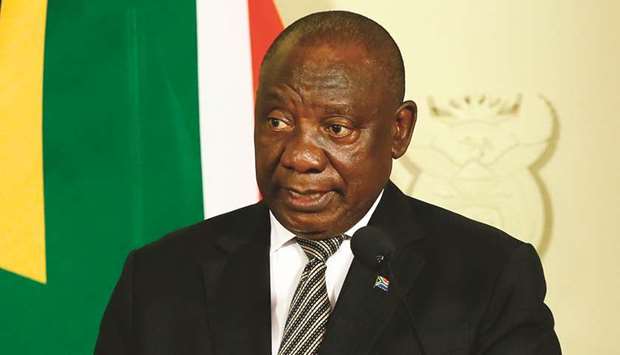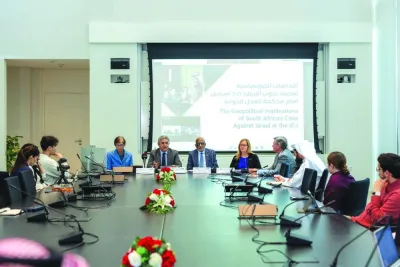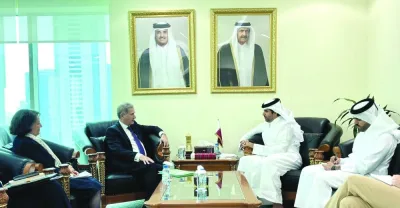Solving South Africa’s energy crisis, creating jobs and speeding up land redistribution will top the ruling party’s priority list this year.
The country must step up the introduction of new electricity generation by private companies and find new sources of energy, President Cyril Ramaphosa said at an event held to mark the 108th anniversary of the founding of the African National Congress on Saturday. Despite plans to split state-owned power utility Eskom Holdings SOC Ltd into three separate businesses, the company will not be privatised, he said in a speech delivered in the central town of Kimberley.
The utility has been one of the biggest challenges Ramaphosa has faced since he ascended to the ANC leadership in late 2017 and was appointed as president three months later. The party has fallen short on previous pledges to ignite economic growth and tackle a 29% unemployment rate, mainly because Eskom can’t generate enough power from its old and poorly maintained plants to meet demand.
While Ramaphosa has repeatedly given reassurances that energy constraints are being addressed, Eskom has intermittently instituted rolling blackouts to prevent a collapse of the grid. The utility also faces leadership challenges, complicating its turnaround. Jabu Mabuza resigned as chairman on Friday, four days after Andre de Ruyter started as the new CEO.
The government won’t allow Eskom to fail, Ramaphosa said. The utility is saddled with debts of about 450bn rand ($31bn) and depends on state bailouts to operate, weighing on public finances.
“Eskom is too big to fail,” he said. “There is no doubt in my mind that we will restore Eskom.”
The economy is at risk of falling into recession after shrinking 0.6% in the third quarter. The contraction has placed the government’s already strained finances under further pressure and raised odds that the country will lose its sole investment-grade rating from Moody’s Investors Service.
The ANC has also been riven by internal power struggles, which have left it deeply divided, and Ramaphosa’s tenuous hold on the party have constrained his ability to institute planned reforms, including cutting the state’s wage bill and selling some of its assets. He’s also come under pressure to implement ANC resolutions to change the constitution to make it easier to seize land without compensation and nationalising the central bank - plans that have spooked investors.
The country will move ahead with expropriating land without compensation, Ramaphosa said. This will be done lawfully and in a manner that will boost economic growth and sustain food security, he said.
Ramaphosa will spell out how his administration will implement the ruling party’s directives when he delivers his annual state-of-the-nation address in parliament on February 13. The ANC is due to assess the progress the party has made since Ramaphosa was elected as its leader at a conference in late June.

Ramaphosa: South Africa must step up the introduction of new electricity generation by private companies and find new sources of energy.


